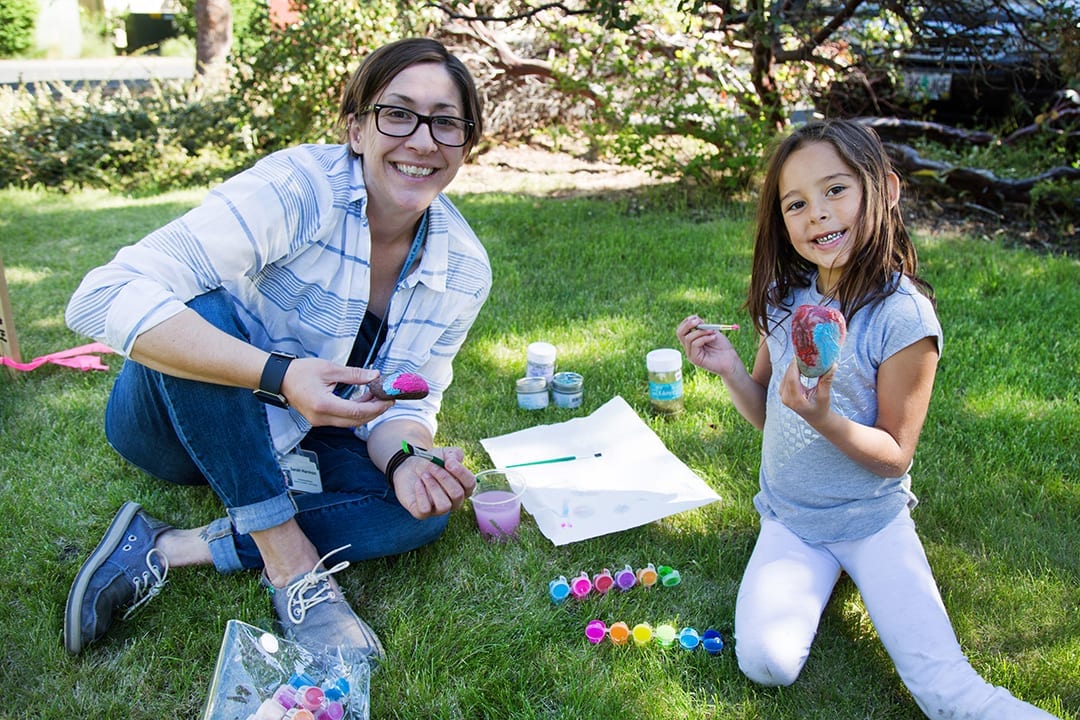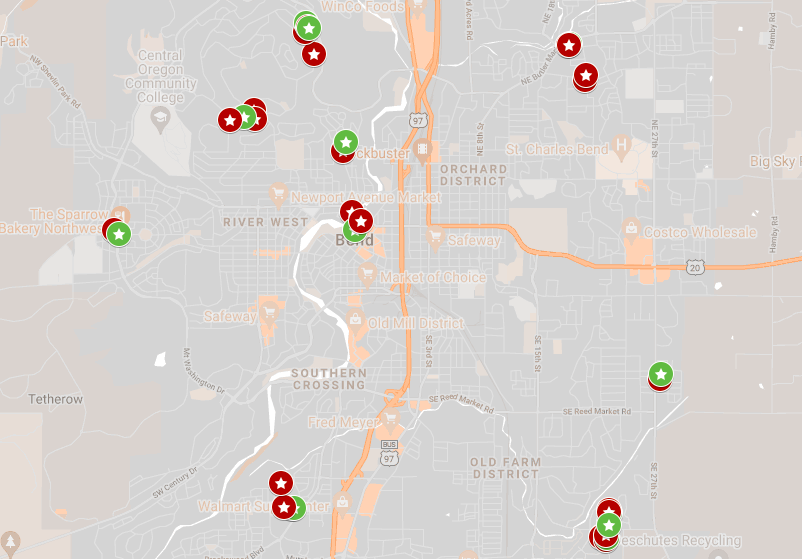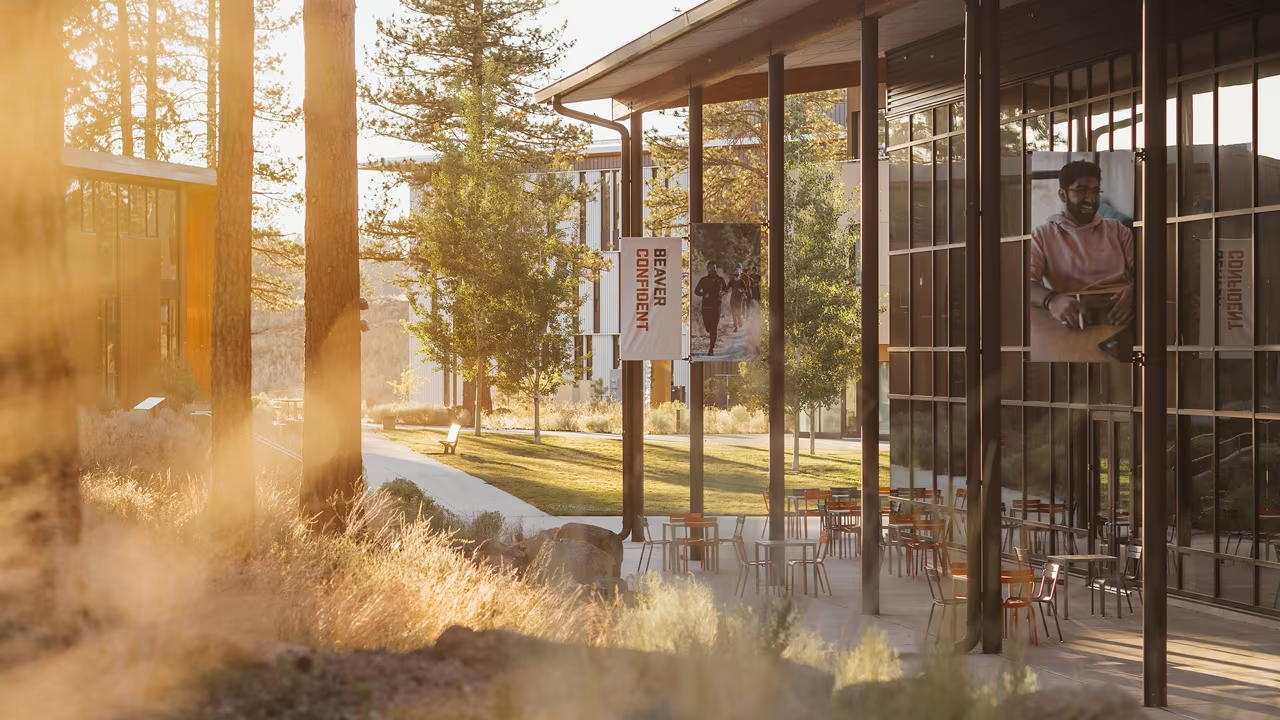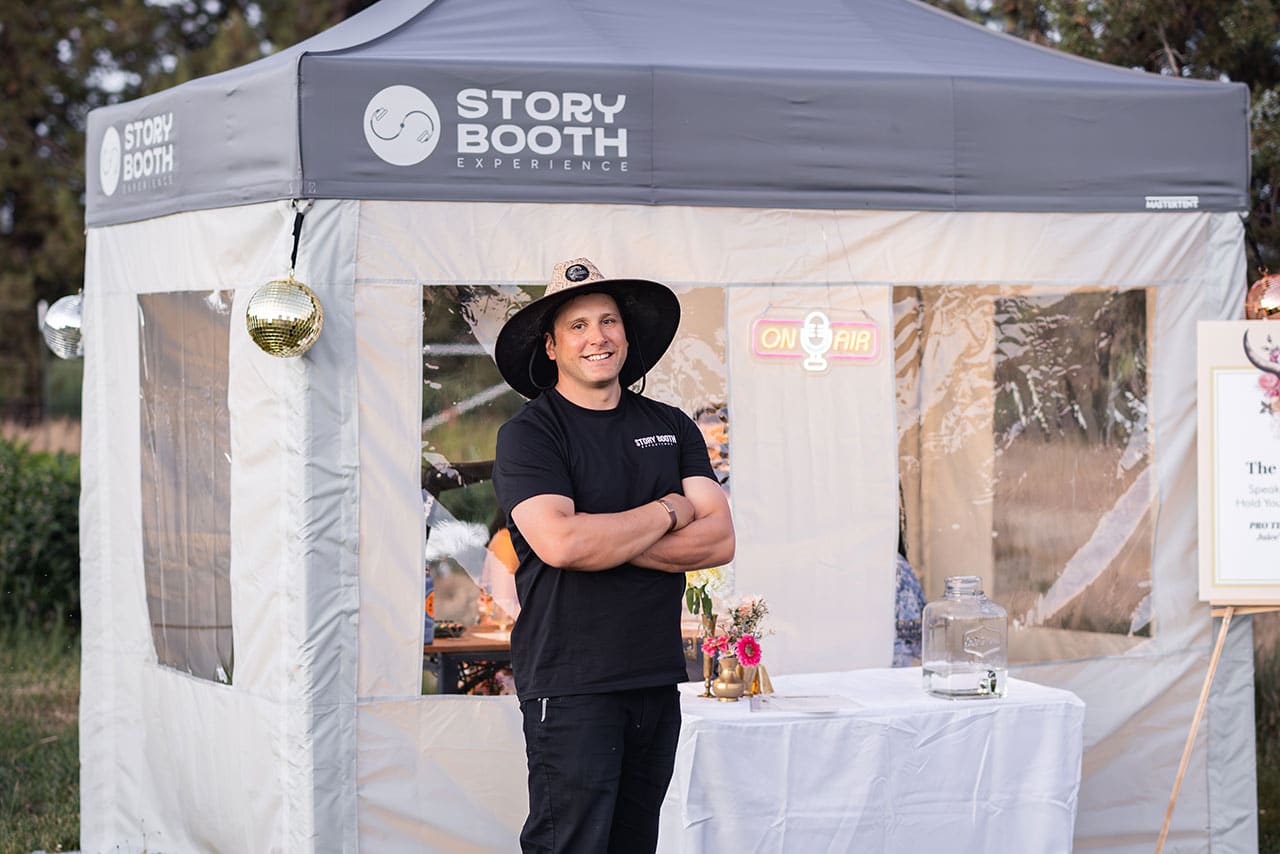Friends of the Children is a long-term mentorship program founded by Duncan Campbell that takes an individual approach to ending poverty across the country.

It’s been more than half a century since the sociologist and anthropologist Oscar Lewis first put forward a theory of cyclical poverty, a notion that the causes and symptoms of economic and social struggle could and would be passed down from parents to children, no different than blue or eyes or brown hair.
Even in the mid-1960s it was a radical notion in a country that had been spoon-fed stories of rugged individualism and bootstrap billionaires. Poverty as some sort of intractable trait that can trump intelligence and self-motivation runs counter to the very bedrock of the American ideal that all are created equal and that ours is a land of opportunity for all. Today, we have more evidence than ever that poverty is the cause and the symptom of circumstances that are often beyond an individual’s control. So how do we disrupt such a seemingly intractable force? It’s a question that has dogged policy makers for the better part of a century and one that weighed on the mind of Duncan Campbell, an Oregon businessman and philanthropist, who counted himself among the lucky few who managed to escape a life of poverty and neglect.
Campbell, who chronicled his own journey in his book The Art of Being There, graduated from college at the University of Oregon, earned a law degree and went on to amass a fortune managing timberlands around the Northwest. Two decades ago Campbell applied his business mind and his financial resources to an effort that took a different approach to the problem. Campbell decided to take a micro approach to a macro problem. Rather than focus on numbers and statistics, Campbell decided to focus on actual people.
The organization born from that idea, Friends of the Children, is now celebrating two decades of work and has grown from a single Portland chapter to fifteen states. In October, Campbell, a part-time resident of Sisters, helped to launch the first Central Oregon chapter, with four staff members and three “friends,” paid adult mentors who spend about four hours a week with at-risk kids who have been identified by parents, social workers and Friends staff who spend weeks monitoring and observing students at school. Parents are involved from the outset and those who participate are asked to sign up for a long-term commitment that introduces a mentor employed by Friends of the Children into the children’s lives. Those who enroll sign up for a twelve-year engagement that includes roughly four hours of contact each week between the mentor and student.
In Bend, roughly two dozen students are now participating in the program. The students’ backgrounds are varied; some are in the foster care system, some are in single-parent households struggling to make ends meet. This year, all of the participants attend either Ensworth Elementary or Bear Creek Elementary in Bend or the Redmond Early Learning Center. The idea is that children thrive when given the proper role models and a reliable support network. Mentors like Sarah Harmon sign up for a minimum three-year commitment and spend time in the classroom with their student “friends.” They also spend a couple of hours each week on weekend outings and one-on-one with the students at the Friends clubhouse where kids are offered snacks, a place to play games or just relax. Harmon who has worked in the outdoor leadership and child development field for more than a decade, including with Outward Bound, said she was drawn to a model that put so much emphasis on changing kids lives for the better.
“There are so many people who want to be there for all of these kids. Knowing that we are here too [for the kids] is comforting to a lot of people,” said Harmon.




